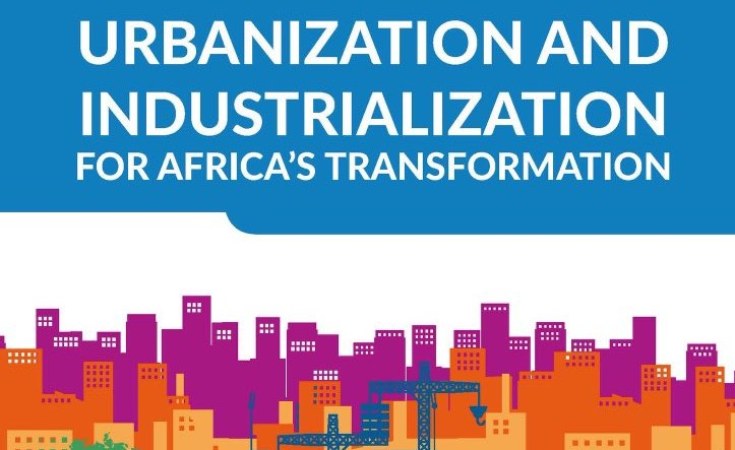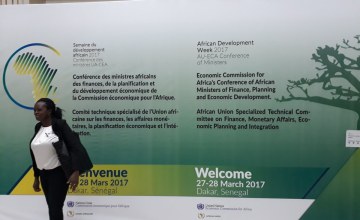Dakar — The Economic Report on Africa (ERA2017) which examines how the continent can accelerate industrialization as a vehicle for Africa's structural transformation by harnessing opportunities arising from rapid urbanization, was officially launched in Dakar, Senegal, Saturday.
The annual ERA is a flagship publication of the ECA. The 2017 edition is titled; "Urbanization and Industrialization for Africa's Transformation."
Director Adam El Hiraika of the Macroeconomic Policy Division at the Economic Commission for Africa launched the report.
"The ERA as a flagship report of the ECA is expected to go a long way in helping our lawmakers on the continent to identify areas of growth that they need to concentrate on, in particular addressing the gaps for example between urban and industrial growth in a holistic manner to promote inclusive growth," said El Hiraika.
"Implementing urban and industrial policies in a coordinated manner requires a sound institutional framework matching the structure of the policies. Many African countries still face institutional constraints for coordinating the two strands - urban and industrial - and we hope the ERA2017 will address some of those issues," he said.
Mr. El Hiraika said evidence-based data is required to understand complexities of urbanization and its links to industrial development in order to assess policy options and trade-offs, to design good policy strategies and to measure impacts.
Most of Africa is still predominantly rural but the situation is changing rapidly, according to the report raising the need for the continent to come up with mechanisms that will lead to sustainable growth through employment creation and related projects.
It is estimated that by 2035, 50 percent of Africa's population will live in urban areas.
ERA 2017 calls on African governments to support a more balanced national urban system as prevalence of urban primacy is constraining industrial firms.
It adds improved mobility in urban areas is key for cities to support industrial development, notably mass transit and non-motorized transport infrastructure connecting industrial firms and their workers and calls on the continent to prioritize industry in planning for local economic development.
The report calls on African governments to instigate and coordinate investments in urban infrastructure, particularly in electricity and transport, both to support industrial enterprises and to meet urban populations' needs.
It stresses that African countries, under the right policy frameworks anchored in national development planning, can leverage the momentum of urbanization to accelerate industrialization for a more prosperous and equitable future for Africans.
The report thus examines how governments can harness the opportunities arising from rapid urbanization to speed up industrialization and accelerate structural transformation on the continent.
There are 11 country case studies in the report detailing practical findings on how Ethiopia, Madagascar, Morocco, Nigeria, Congo Brazzaville, Rwanda, Sudan, Mozambique, Cote d'Ivoire, South Africa and Cameroon are managing rapid urbanization.
High level participants who attended the launch discussed and shared the key findings of ERA2017 and the case studies and the rationale of linking industrialization and urbanization processes and frameworks for the continent to achieve inclusive and sustainable structural transformation.



